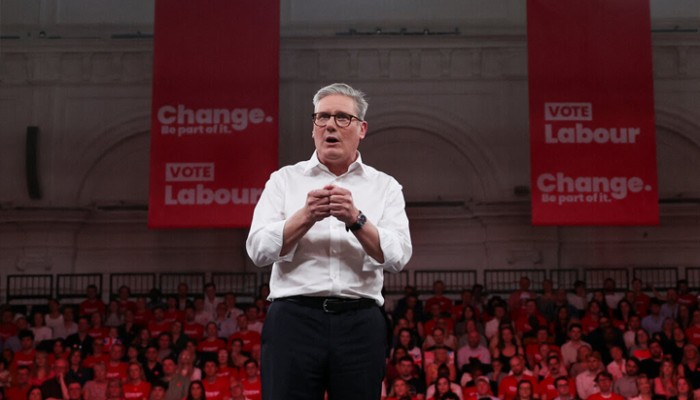
Britain heads to the polls today, mirroring trends seen in elections across Europe and the Americas: frustrated voters eager to reject the status quo, a deeply discredited government, and a surge of populism.
However, Britain is likely to stand out as an outlier. While other countries' electorates are shifting to the right, British voters are expected to oust the Conservative-led government after 14 years, favoring the center-left Labour Party — zigging while others zag.
The Conservatives, or Tories, have presided over a tumultuous era starting with David Cameron in 2010, marked by harsh budget cuts following the 2008 financial crisis, the Brexit vote of 2016, the Covid-19 pandemic, and a revolving door of prime ministers. For many, the era has felt like a circus that needs to leave town.
Labour politicians argue that the Conservatives have broken Britain, including underfunding the National Health Service. Experts also note that Britain’s departure from the EU has slowed trade and hindered economic growth.
Yet, Labour's priorities don't appear radically different from the current government's, by design. Labour criticizes the Tories more for their governance failures than for the substance of their policies. The party aims to appeal to voters disillusioned with Conservative rule without alarming those wary of the tax-and-spend left.
Polls suggest this strategy is effective. Labour has maintained a double-digit lead over the Conservatives for more than 18 months. Labour leader Keir Starmer has positioned himself as a viable alternative to Prime Minister Rishi Sunak — a change agent, but not a radical.
By commenting you are accepting our Comment Policy.